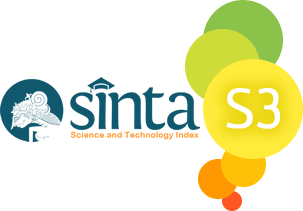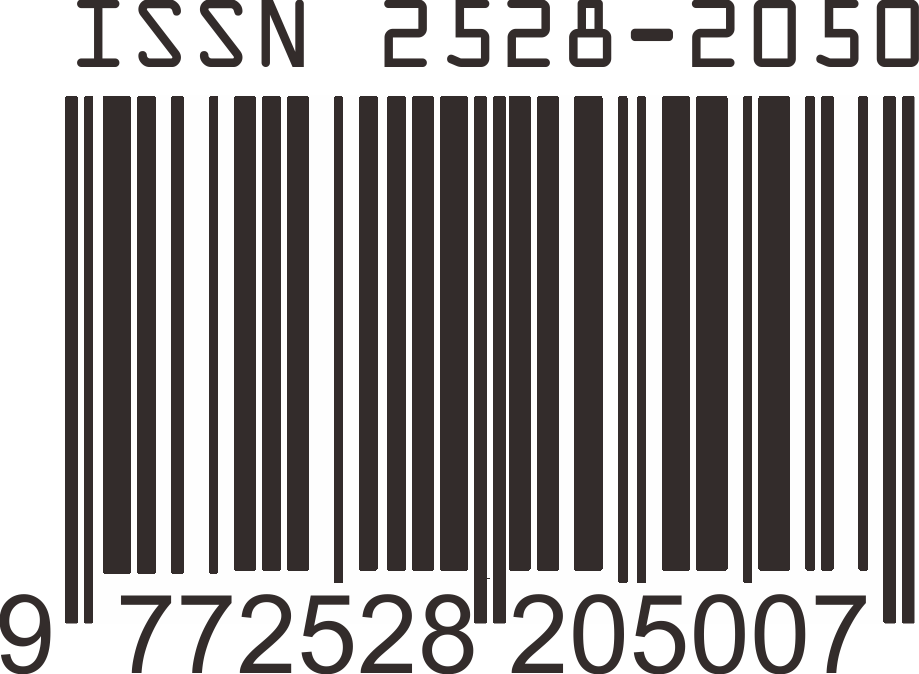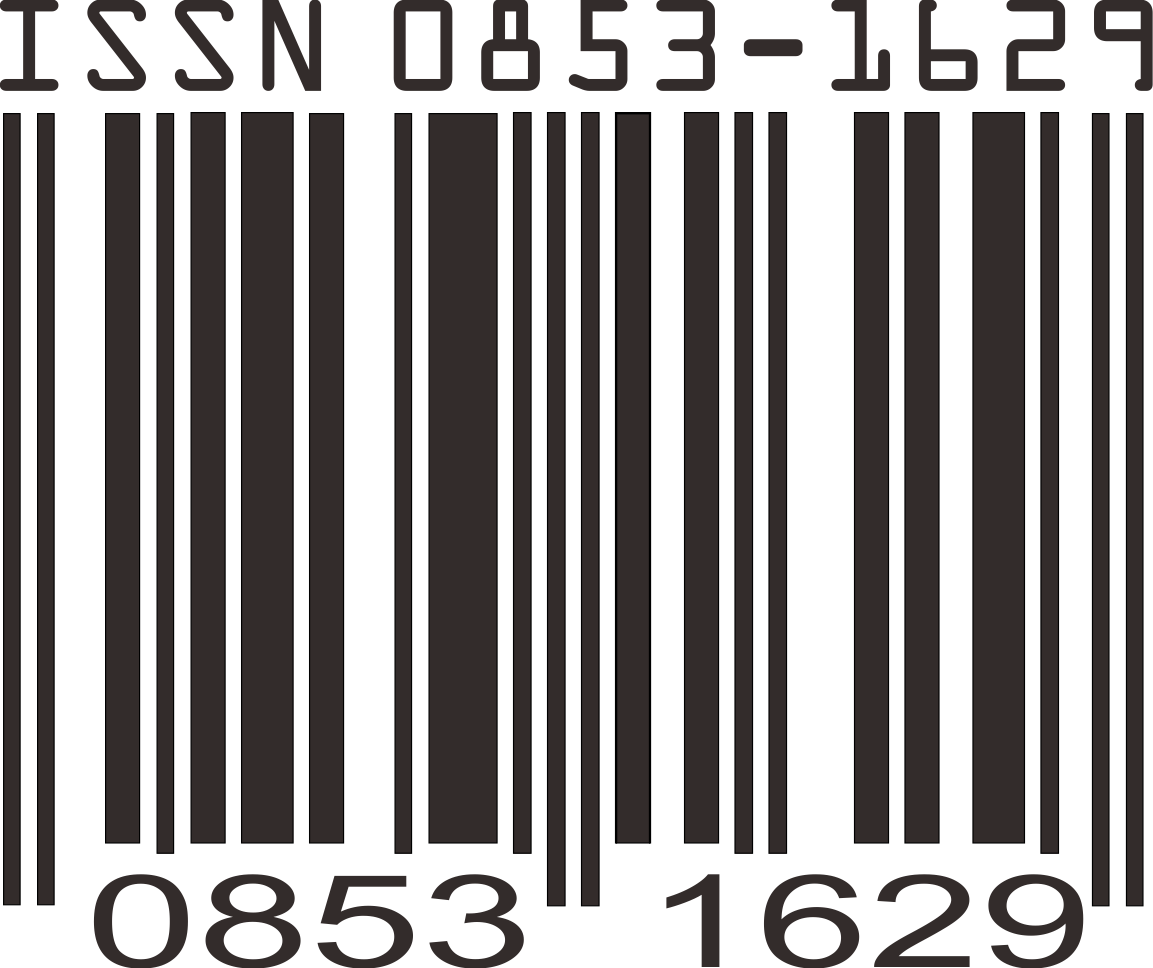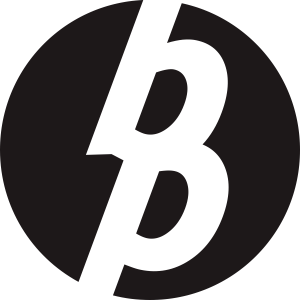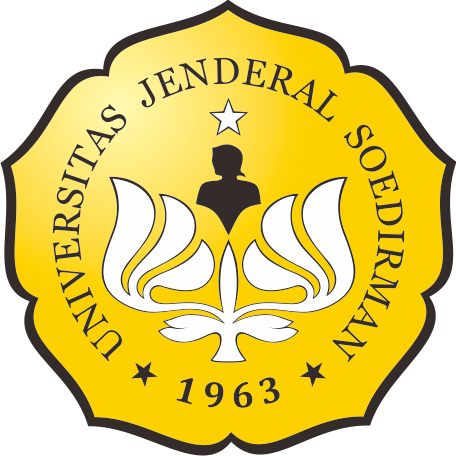Eksplorasi Bakteri yang Berasosiasi dengan Karang Lunak sebagai Alternatif Sumber Senyawa Bioaktif: Uji Hayati Antibakteri
Abstrak
Soft coral has a significant function in the ecology of coral reef which produces secondary metabolites. One of very serious problems with coral reef ecosystem related to secondary metabolite improvement was coral supply because of need of many soft corals producing a little amount of secondary metabolites. The purposes of this research were to isolate and to select soft coral bacteria that have ability to produce antibacterial having been used to inhibit Escherichia coli and Staphylococcus aureus. The research was conducted from March 31th to November 2nd, 2005 by using description method. Sampling was carried out at Pulau Tegal Waters on two different coral genera, namely Briareum and Sinularia at three different sites. Laboratory studies were performed at Environment and Healthy Monitoring Fish Laboratory at Lampung Marine Agricultural. The results showed that five of 125 isolates obtained had potential of producing antibacterial that have been used to inhibit E.coli and S. aureus. The coral ability to inhibit E.coli and S. aureus was indicated by inhibition zone around soft coral bacteria colonies. Morphology and biochemistry characterization of potentially inhibiting isolates against E. coli and S. aureus resulted in strains Staphylococcus sp. (isolate code B1I10), Plesiomonas sp. (isolate code B1I11), Actinobacillus sp. (isolate code B2I6), Actinomyces sp. (isolate code B1II4), and Aerococcus sp. (isolate code S1III2).
Kata Kunci
Teks Lengkap:
PDFReferensi
Bernan, V.S., M. Greenstein, and W.M. Maise. 1997. Marine microorganisms as a source of new natural products. Adv. Appl. Microbiol. 43: 57-90.
Coffroth, M.J. 1990. The function and fate of mucous sheets produced by reef coelenterates. Proc. The 6th Int. Coral Reef Symp. Australia 2: 15-20
Faulkner, D.J., M.K. Harper., M.G. Haygood., C.E. Salomon, and E.W. Schmidt. 2000. Symbiotic Bacteria in Sponges: Sources of Bioactive Substances. In: Fusetani, N (Ed). Drugs from the Sea, Basel: Karger. 107-119.
Fenical, W. 1993. Chemical studies of marine bacteria: developing a new source. Chem. Rev. 93: 1673-1683.
Jensen, P.R., and W. Fenical. 2000. Marine Microorganisms and Drug Discovery: Current Status and Future Potential. In: Fusetani, N (Ed). Drugs from the Sea, Basel: Karger. 6-29.
Lay, B. W. 1994. Analisis Mikroba di Laboratorium. PT RajaGrafindo Persada, Jakarta. 155 hlm.
Paul, J.H., M.E. DeFlaun, and W,H, Jeffrey. 1986. Elevated levels of microbial activity in the coral surface microlayer. Mar. Ecol. Prog. Ser. 33: 29-40.
Pietra, F. 1997. Secondary metabolites from marine microorganisms- bacteria, protozoa, algae and fungi-achievements and prospectives. J. Nat. Prod. 14: 453-464.
Proksch. 2000. Bioactive natural products from marine invertebrates and associated microorganisms. Proceeding International Symposium on Marine Biotechnology, Jakarta. Pp 6-14.
Proksch, P., R.A. Edrada, and R Ebel. 2002. Drugs from the Seas Current Status and Microbiological Implications. Appl. Microbiol. Biotechnol. 59: 125-134.
Radjasa, O.K., Sabdono, A., and Suharsono. 1999. The growth inhibition of marine biofilm-forming bacteria by the crude extract of soft coral Sinularia sp. J. Coastal. Development 2: 329-334.
Sammarco, P.W. and J. C. Coll 1990. Lack of predictability in terpenoid function: Multiple roles and integration with related adaption in soft corals. J. Chem. Ecol. (16) 1: 273-289.
Article Reads
Total: 3470 Abstrak: 654 PDF: 2816Article Metrics
Metrics powered by PLOS ALM
Refbacks
- Saat ini tidak ada refbacks.
Laman ini dikelola oleh:
Bio Publisher
The Faculty of Biology Publishing
Laman ini dikelola oleh:
Penerbitan Fakultas Biologi
Universitas Jenderal Soedirman
Jalan dr. Suparno 63 Grendeng
Purwokerto 53122
Telepon: +62-281-625865
Email: biologi@unsoed.ac.id
Laman ini menggunakan:
OJS | Open Journal System
Software pengelolaan jurnal ilmiah online. Versi yang digunakan adalah 2.4.8.0.
Metadata artikel terdaftar di:
Crossref
Agen resmi internasional pendaftaran Digital Object Identifier (DOI)
Artikel jurnal ini terindeks:

